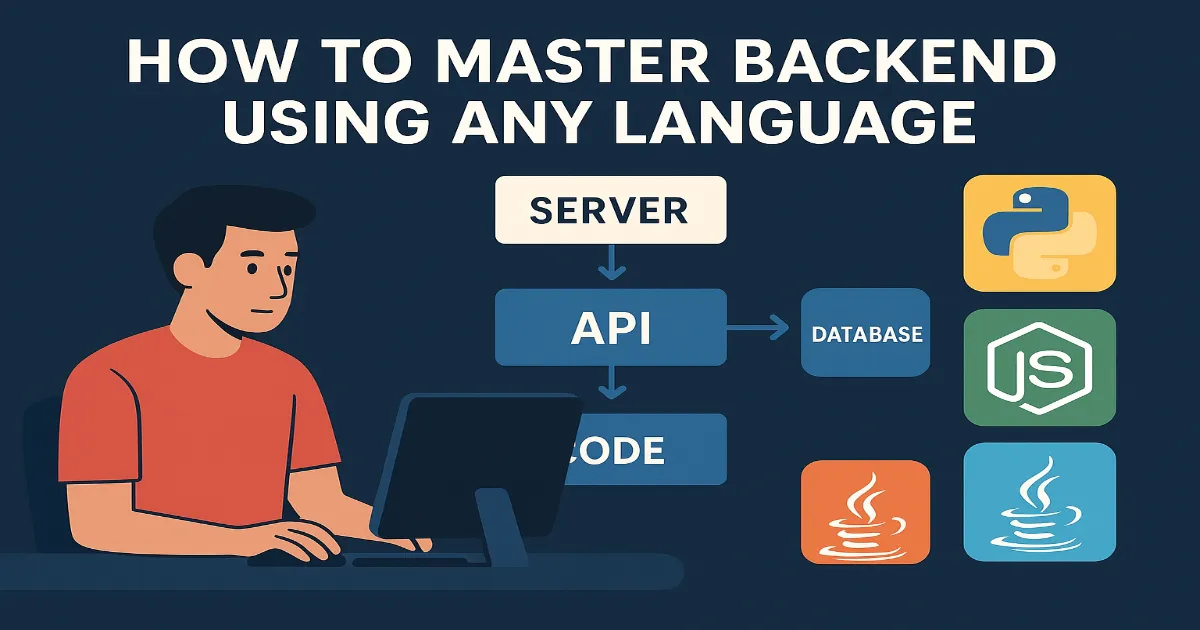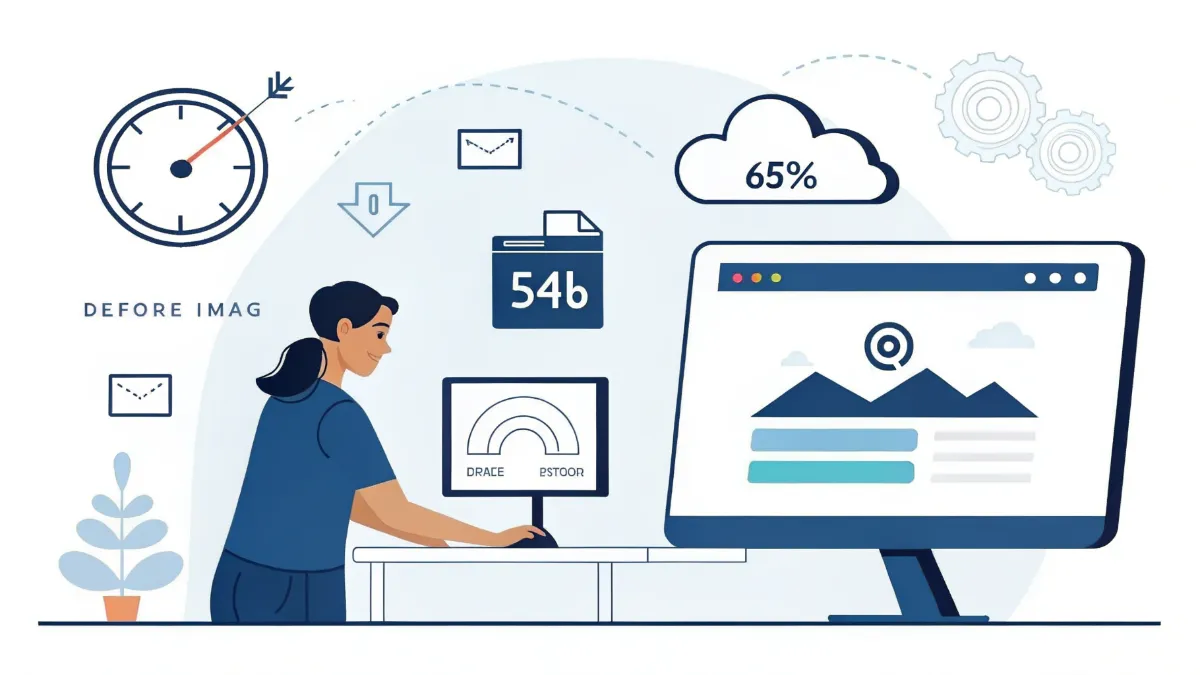You’re sitting across from two candidates. One’s got a resume that reads like a tech genius’s fever dream – AI certifications, data science degrees, coding languages that sound like alien dialects. The other? Sure, they’ve got solid skills, but what stands out is how they handle pressure, read the room, and make everyone feel heard during the interview.
- The 2025 Reality Check: Why EQ Beats IQ Every Time
- What Emotional Intelligence Means (No Corporate Fluff)
- Why 2025 Is the Golden Era for EQ
- The Real-World Impact: EQ Success Stories
- Your EQ Development Game Plan
- EQ Meets Tech: The Perfect Partnership
- The Financial Reality of High EQ
- Common EQ Mistakes (And How to Avoid Them)
- The Leadership Edge: EQ in Management
- Your 2025 EQ Action Plan
- The Bottom Line: Your EQ Investment
The second candidate gets the job. And the promotion. And probably makes $29,000 more per year.
Welcome to 2025, where emotional intelligence career success isn’t just a nice-to-have – it’s your secret weapon in a world where robots are handling the spreadsheets, but humans are still running the show.
The 2025 Reality Check: Why EQ Beats IQ Every Time
Here’s what’s happening right now in the job market, and it’s wild. By 2027, 75% of companies are jumping on the AI bandwagon – big data, cloud computing, the whole nine yards. These systems will handle up to 70% of routine tasks that currently eat up your day.
But here’s the kicker: while AI can crunch numbers and spot patterns, it can’t read between the lines when your teammate’s having a rough day, or know when to crack a joke to defuse tension in a meeting.
That’s where emotional intelligence career success 2025 becomes your ace in the hole. It’s the one thing that can’t be automated, outsourced, or replaced by a chatbot with a fancy algorithm.
The Numbers Don’t Lie
Check out these stats that’ll make you want to invest in your EQ immediately:
- High emotional intelligence accounts for 58% of job performance across all industries
- 90% of top performers have high EQ scores
- Leaders with strong EQ are four times more likely to be seen as effective
- Each point increase in emotional intelligence adds $1,300 to your annual salary
Gen Z and millennials already figured this out. They’re actively prioritizing soft skills like empathy and leadership because they see the writing on the wall. While everyone else is scrambling to learn the latest coding language, they’re mastering the art of human connection.
What Emotional Intelligence Means (No Corporate Fluff)
Let’s break down emotional intelligence without the textbook jargon. Daniel Goleman nailed it with five core components that make sense in real life:
1. Self-Awareness: Your Internal GPS
This is your ability to recognize what you’re feeling and why. It’s like having a personal emotional dashboard that tells you when you’re about to lose it in a meeting or when you’re genuinely excited about a project.
Real talk: Most people are walking around emotionally blind. They’re stressed, frustrated, or anxious, but they can’t pinpoint why. Self-aware people? They’ve got their finger on the pulse of their emotional state.
2. Self-Regulation: The Pause Button
Ever met someone who always seems calm under pressure? That’s self-regulation in action. It’s the ability to feel the anger rising but choose not to unleash it on your coworker who just messed up the quarterly report.
It’s not about suppressing emotions – it’s about choosing how you respond to them.
3. Motivation: Your Inner Drive
This isn’t about money or external rewards (though those are nice). It’s about that internal fire that keeps you pushing forward even when things get tough. Motivated people set goals, celebrate wins, and turn obstacles into stepping stones.
4. Empathy: The Superpower
Empathy is your ability to step into someone else’s shoes and understand where they’re coming from. In a world where everyone’s fighting to be heard, the person who truly listens becomes invaluable.
Leaders with high empathy perform 40% better in coaching, decision-making, and communication. That’s not soft skills – that’s hard results.
5. Social Skills: Your Network Effect
This is where it all comes together. Social skills are about building genuine connections, communicating clearly, and navigating office politics without becoming that person everyone avoids at the water cooler.
Why 2025 Is the Golden Era for EQ
The workplace is shifting faster than fashion trends, and emotional intelligence career success 2025 is riding the wave. Here’s what’s making EQ more valuable than ever:
The AI Collaboration Reality
AI isn’t replacing humans – it’s changing what humans need to be good at. While machines handle data processing, humans need to handle the messy, complex world of emotions, relationships, and nuanced decision-making.
Think about it: AI can tell you that productivity dropped 15% last quarter, but it takes emotional intelligence to figure out that your team is burned out, stressed about job security, or dealing with personal issues affecting their work.
The Trust Factor
With 79% of CEOs identifying skills gaps as major roadblocks, companies are desperate for leaders who can build trust and guide teams through uncertainty. When everything’s changing constantly, people need leaders who can provide emotional stability and clear communication.
The Gen Z Effect
The newest workforce generation isn’t just looking for a paycheck. They want meaning, growth, and leaders who care about their well-being. Traditional command-and-control management is dead. Emotional intelligence is the new leadership language.
The Real-World Impact: EQ Success Stories
Let’s talk about leaders who turned emotional intelligence into serious business results:
Satya Nadella at Microsoft: When he took over in 2014, Microsoft was stuck in the past. By focusing on empathy, collaboration, and a growth mindset, he transformed the company culture. The result? Microsoft’s value jumped from $300 billion to over $2 trillion in six years.
Howard Schultz at Starbucks: His focus on understanding and connecting with employees created a culture where 90% of partners felt valued and engaged. Even during tough economic times, this translated to a 5% increase in annual sales.
These aren’t feel-good stories – they’re billion-dollar case studies in emotional intelligence career success.
Your EQ Development Game Plan
Ready to level up your emotional intelligence? Here’s how to build each component without turning it into a self-help cliché:
Building Self-Awareness
The Daily Check-In: Set three random phone alarms. When they go off, quickly note what you’re feeling and what triggered it. No judgment, just data collection.
The Why Game: When you react strongly to something, ask “why” three times. Why did that comment bother me? Why do I care so much? Why does this pattern keep showing up?
Values Audit: List your top five values, then compare them to your recent actions. The gaps will show you where you’re off-track.
Mastering Self-Regulation
The 10-Second Rule: When you feel triggered, count to ten before responding. It sounds simple because it is – and it works.
Reframe Practice: When something goes wrong, ask: “How could this be good for me?” Train your brain to find the opportunity in every obstacle.
Mindfulness Without the Meditation: Just pay attention to your breathing during stressful moments. No need for apps or guided sessions – just breathe.
Boosting Motivation
Micro-Goals: Break big objectives into tiny wins you can celebrate weekly. Momentum beats perfection every time.
Challenge Injection: Regularly introduce new challenges to keep things interesting. Boredom kills motivation faster than failure.
Progress Tracking: Keep a simple record of what you accomplished each week. You’ll be surprised how much you actually get done.
Developing Empathy
The Listening Challenge: In your next five conversations, focus entirely on understanding the other person’s perspective. Don’t plan your response – just listen.
Perspective Practice: Before judging someone’s actions, ask: “What would make me behave that way?” There’s usually a logical reason behind seemingly illogical behavior.
Appreciation Expression: Make it a habit to recognize and acknowledge what others contribute. People remember how you make them feel.
Strengthening Social Skills
Genuine Interest: Ask questions because you want to know the answers, not because you’re supposed to network.
Nonverbal Awareness: Pay attention to body language – yours and theirs. Most communication happens without words.
Conversation Starters: Develop a few go-to questions that go deeper than “How’s the weather?” Try “What’s got you excited lately?” or “What’s been challenging for you this week?”
EQ Meets Tech: The Perfect Partnership
Here’s where emotional intelligence career success 2025 gets interesting – it’s not about choosing between human skills and technical skills. It’s about combining them for maximum impact.
Data + Empathy = Gold
You can analyze customer data all day, but emotional intelligence helps you understand what those numbers mean for real people. It’s the difference between knowing that customer satisfaction dropped 10% and understanding that people feel ignored and undervalued.
AI + Human Insight = Innovation
AI can generate ideas and identify patterns, but emotional intelligence helps you know which innovations will resonate with users. It’s the bridge between what’s technically possible and what people want.
Automation + Relationship Building = Career Security
While machines handle routine tasks, emotionally intelligent people become the relationship builders, problem solvers, and culture creators that organizations can’t function without.
The Financial Reality of High EQ
Let’s talk money, because emotional intelligence career success 2025 has some serious financial benefits:
| EQ Impact Area | Financial Benefit | What This Means for You |
|---|---|---|
| Salary Premium | $29,000 more annually | High EQ pays better than most certifications |
| Performance Boost | 127% better performance | You’ll outshine technically skilled competitors |
| Promotion Probability | 75% of managers use EQ for promotion decisions | Your people skills determine your career trajectory |
| Team Productivity | 20% higher team performance | Leading with EQ makes everyone around you better |
These aren’t abstract benefits – they’re concrete financial advantages that compound over your entire career.
Common EQ Mistakes (And How to Avoid Them)
Mistake #1: Fake It Till You Make It Authenticity beats perfection. People can spot emotional manipulation from a mile away. Be genuinely interested in others, not strategically nice.
Mistake #2: All Emotions, All the Time Emotional intelligence doesn’t mean sharing every feeling. It means being aware of emotions and choosing appropriate responses.
Mistake #3: Soft Skills = Weak Skills High EQ isn’t about being a pushover. Some of the toughest leaders are also the most emotionally intelligent. They just deliver difficult messages with empathy and clarity.
Mistake #4: One-Size-Fits-All Approach Different people need different emotional approaches. What motivates one team member might stress out another. Emotional intelligence is about adaptation, not uniformity.
The Leadership Edge: EQ in Management
If you’re leading people (or want to), emotional intelligence career success 2025 becomes even more critical. Here’s what separates EQ leaders from the rest:
Psychological Safety Creation
Start every team meeting with: “What do you need to feel supported this week?” This simple question can transform team dynamics by showing you care about people’s well-being.
Vulnerability as Strength
Share your challenges and mistakes. When leaders admit they don’t have all the answers, it creates space for others to be honest about their struggles too.
Active Listening Mastery
Ask open-ended questions like “What’s been challenging for you lately?” and then actually listen to the answer without planning your response.
Conflict Navigation
High-EQ leaders see conflicts as information, not problems. They dig into the emotions and unmet needs behind disagreements instead of just trying to make everyone get along.
Your 2025 EQ Action Plan
Ready to make emotional intelligence your career accelerator? Here’s your roadmap:
Month 1-2: Self-Awareness Foundation
- Start daily emotion tracking
- Identify your triggers and patterns
- Get feedback from trusted colleagues
Month 3-4: Self-Regulation Skills
- Practice the pause technique
- Work on reframing negative situations
- Develop stress management strategies
Month 5-6: Motivation and Empathy
- Set meaningful goals aligned with your values
- Practice active listening in every interaction
- Seek to understand before being understood
Month 7-8: Social Skills Integration
- Focus on building genuine relationships
- Improve your nonverbal communication
- Practice giving and receiving feedback
Month 9-12: Leadership Application
- Create psychological safety in your sphere of influence
- Model emotionally intelligent behavior
- Help others develop their EQ skills
The Bottom Line: Your EQ Investment
Emotional intelligence career success 2025 isn’t just about being nice or getting along with people. It’s about developing the human capabilities that make you irreplaceable in an increasingly automated world.
While others are chasing the latest technical certifications, you can build skills that compound over your entire career. Every relationship you strengthen, every difficult conversation you navigate well, every time you help someone feel heard and valued – it all adds up to a professional advantage that no algorithm can replicate.
The future belongs to people who can blend technical competence with human connection. In a world where AI handles the data and automation manages the processes, emotional intelligence becomes your competitive edge.
Your career success in 2025 won’t be determined by what you know – it’ll be determined by how well you connect, communicate, and collaborate with the humans around you. That’s not just a prediction; it’s already happening.
The question isn’t whether emotional intelligence matters for your career. The question is: what are you going to do about it?
Start building your EQ today, because tomorrow’s leaders are being shaped by today’s emotional intelligence investments. Your future self will thank you for making this the year you prioritized the skills that truly set you apart.












